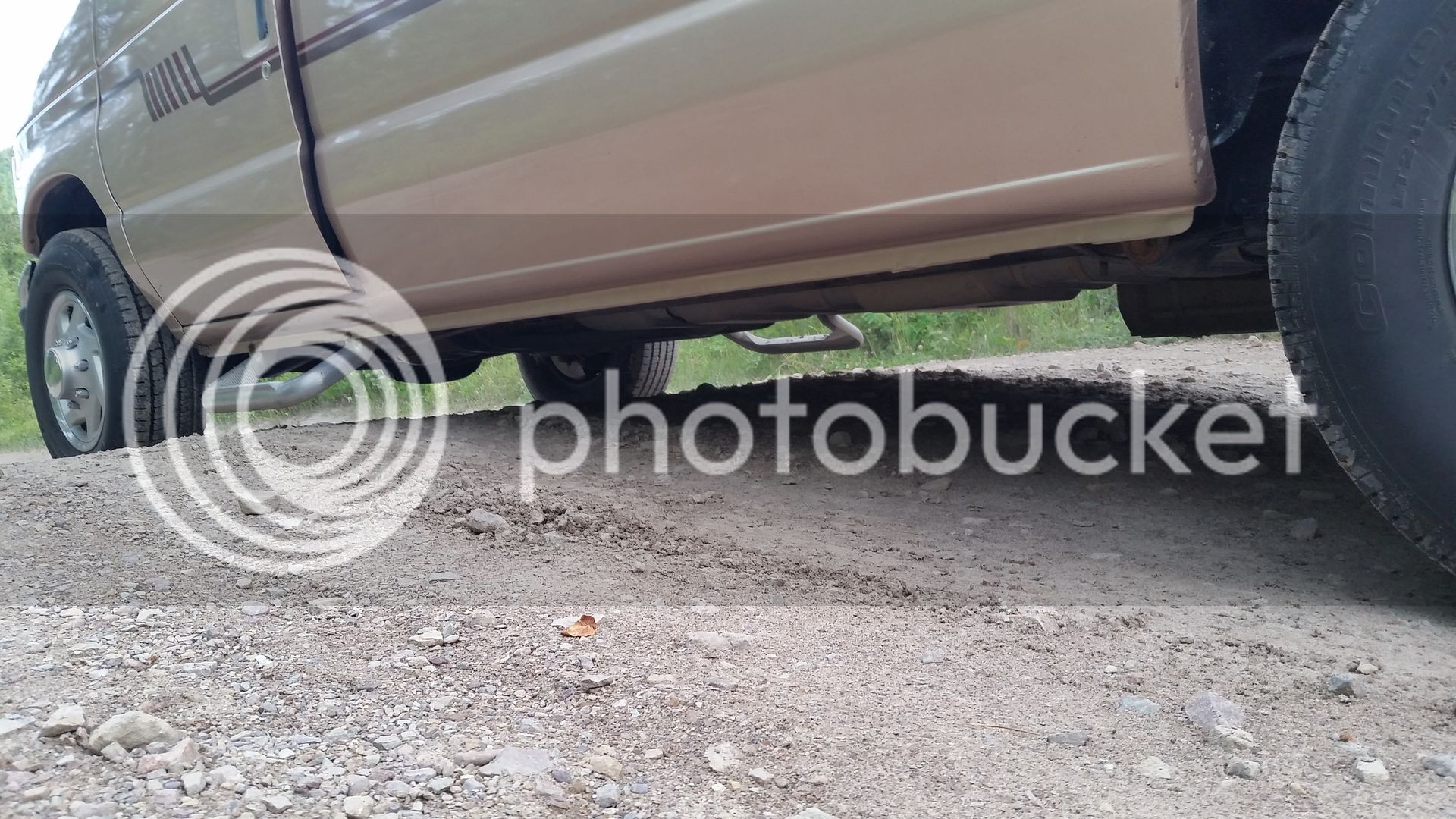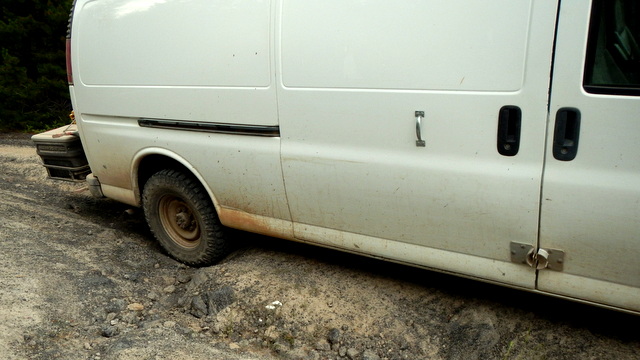Vagabound said:
Yeah, the age-old argument. PC vs. Apple. Coke vs. Pepsi. Ford vs. Chevy. Actually, I'm hoping to avoid arguments and just collect a little info. Didn't seem to be an existing thread on this topic.
So, what can you offer on this topic?
The only Ford I've owned from the suspect-engine era was a 2000 F150 / 5.4. / 4x4. Bought it new, kept it 15 years/75K mi, and the only repair in those 15 years was a proportioning valve in the ABS system. Two additional F150s I drove from that era (work trucks) were similarly reliable. I put 120,000 miles on my work F150 (2007) with it's only repair being shocks (drove a lot on rutted roads in the desert). The other work truck was an F250/5.4, 2001, 45K miles, heavily loaded, no repairs.
Based on that experience, and not being aware of the spark plug thread issue, I bought a 2-year old E350, 5.4 last summer - no issues so far (@28K mi), other than I should have bought an extended cargo van, vs the standard pass van I have.
Consumer Reports stopped rating these vans some years back, but I did come across a December 2008 issue which lists the Chevy Express (no other identifiers) from 97 to 2006 as a " Used Vehicle To Avoid". I didn't see any particular reasons given, but can tell you from experience that it takes a lot to make that special list. Yugo would be at home there. If anyone has kept the April Consumer reports from those years, there may be other info there. Don't remember when they stopped reporting detailed info on the vans.
I do think the Chev/GMC 2500 extended cargo, with a smaller V8 & 6 sp trans, would be my choice if buying today, if I could find one near new for the right $$. Newer Ford Transit Hitop would also be high on my list, if I was sure I would never be towing, although it's too new to have an established reliability record. Think this is the best combination for van conversion & performance, but I'd have to have A/C and cruise.











































































